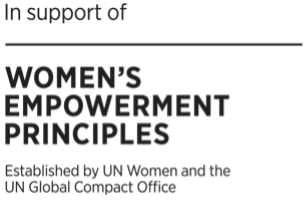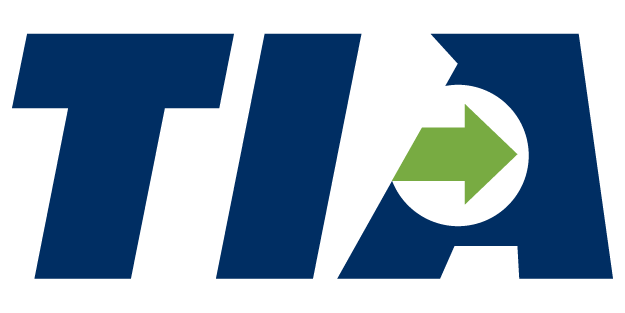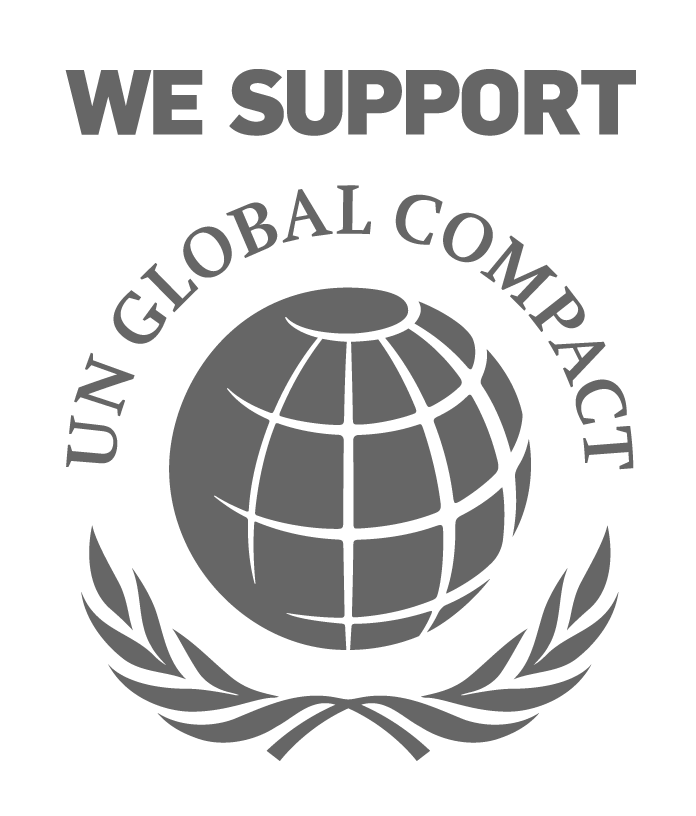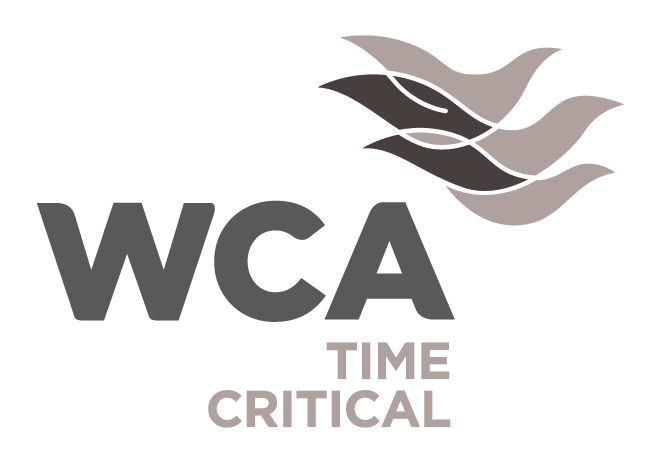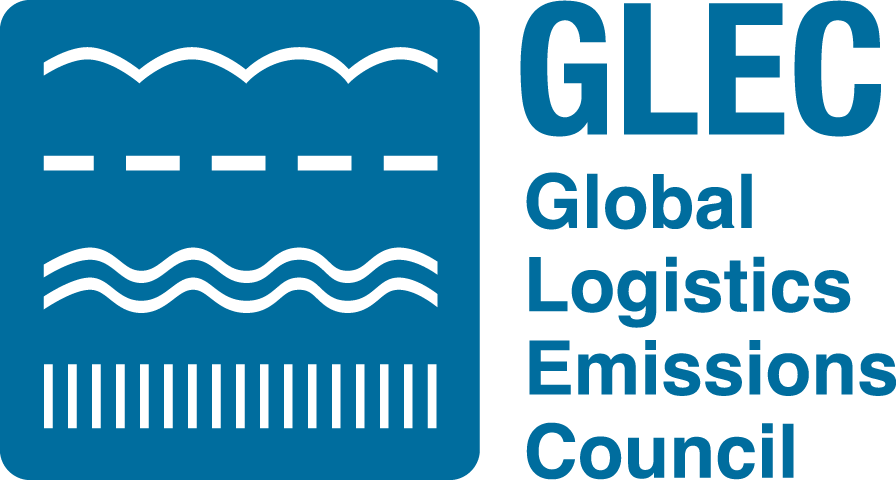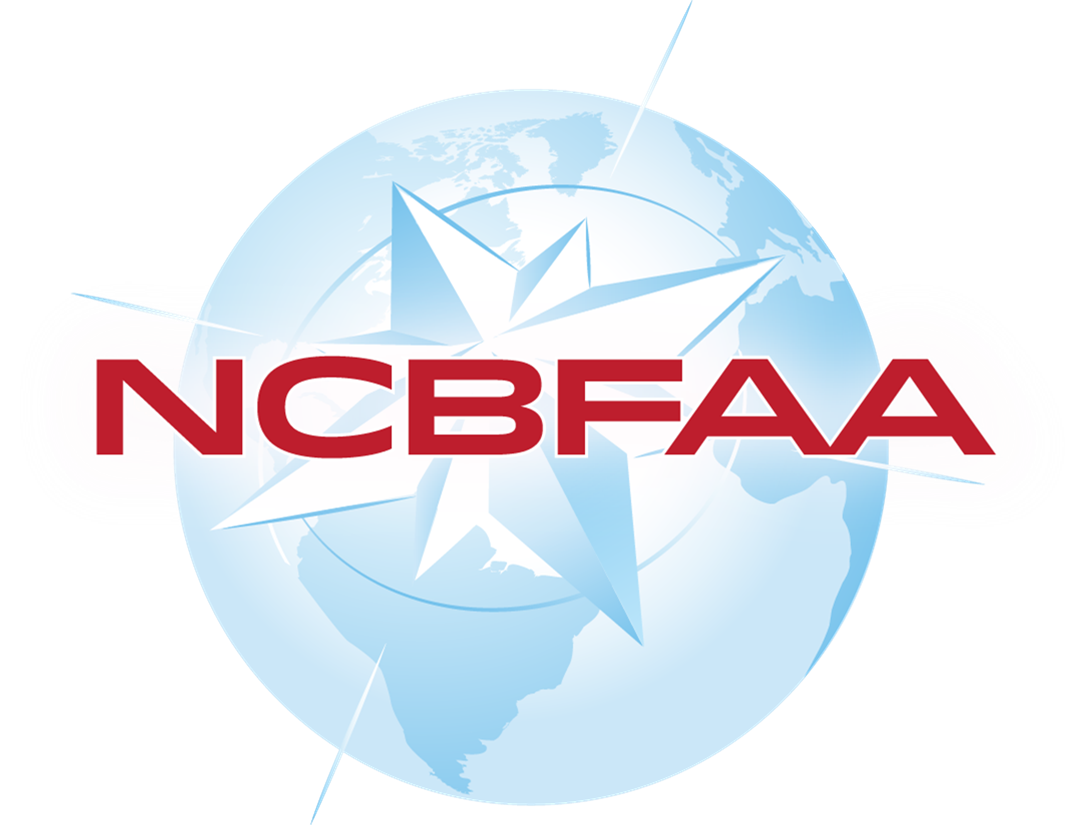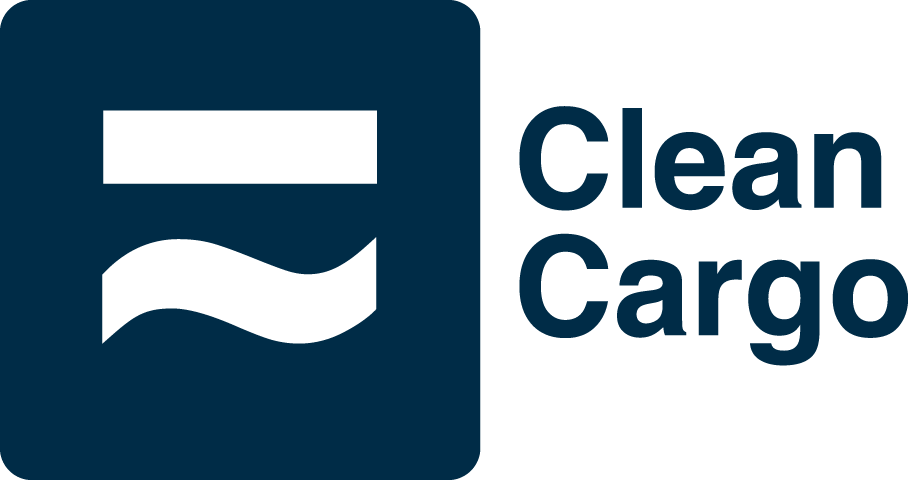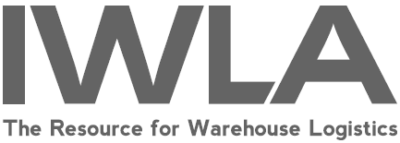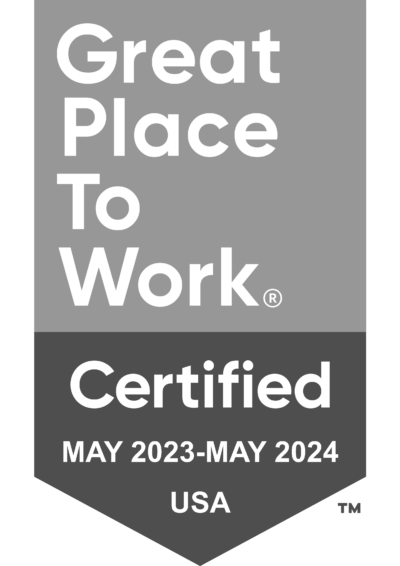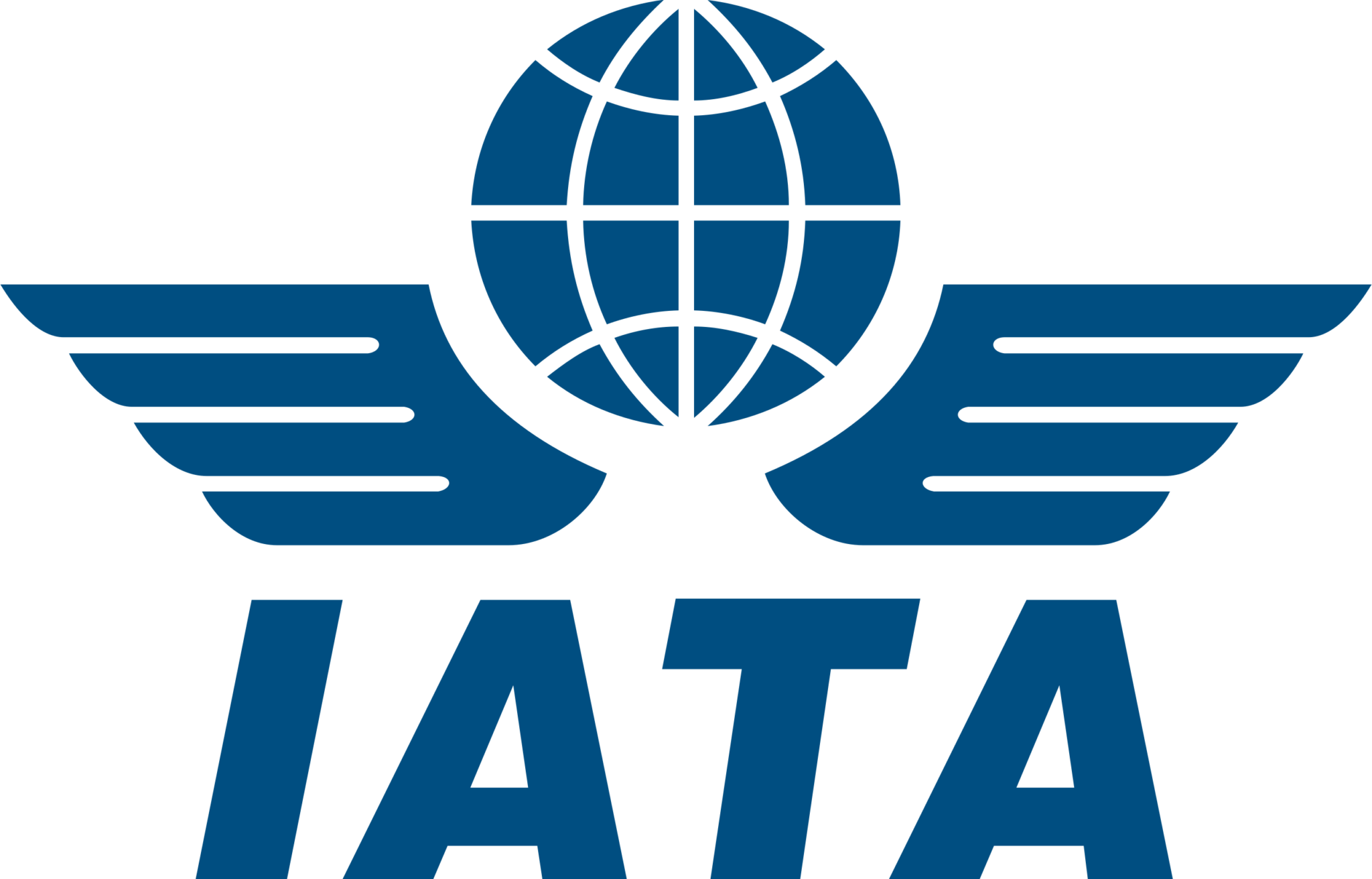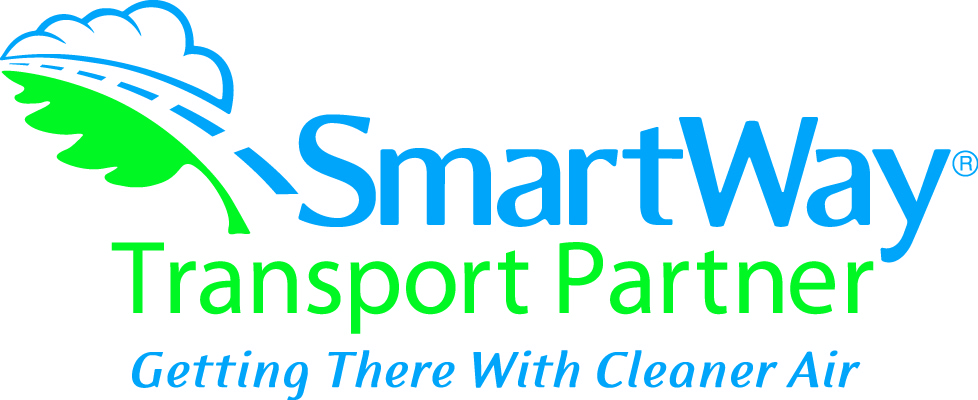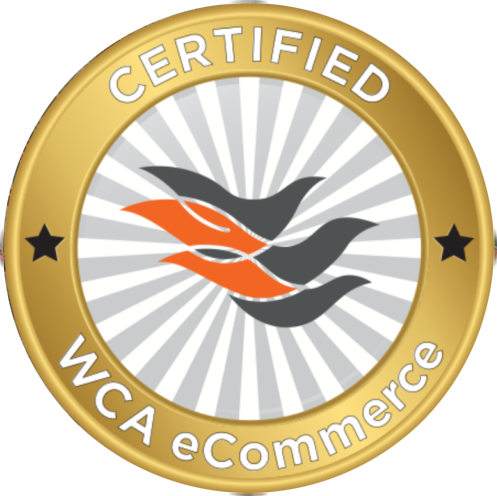SEARCH BY KEYWORD
FAQ: What is CARM?
The Canada Border Services Agency (CBSA) Assessment and Revenue Management project, or CARM, is a business transformation effort which is being implemented over 2021 & 2022. Its aim is to ease trade compliance and improve the use of data analytics to optimize business processes between the Canada Border Services Agency (CBSA) and its clients. Once it is entirely integrated, this initiative will streamline the overall importing process, grant importers self-service access to their information, provide a sophisticated [...]
FAQ: What is the Difference Between a Negotiable Bill of Lading and a Nonnegotiable Bill of Lading?
First, let us discuss the term, Bill of Lading (BL). This is a document that establishes the terms of a contract between a shipper and a transportation company. It can serve as a document of title, a contract of carriage, and a receipt for goods. Different types of BL exist and are used in varying situations. NEGOTIABLE BILL OF LADING A Negotiable Bill of Lading is considered a document of title that can be used to transfer ownership of [...]
How Can Wine Importers Mitigate Against Foreign Exchange Rate Fluctuations?
Food and Beverage importers who agree to purchase shipments of goods in the future may be putting themselves at risk of profit loss, depending on how foreign exchange rates fluctuate over time. A U.S. wine importer, who sells to domestic retailers at a set price, may place an order to purchase a shipment from a European exporter in six months. What happens if the Euro strengthens or weakens in that time? Although the potential for profit [...]
Duty Drawback Seems So Complicated, How Can I Make it Simple and Efficient?
Duty drawback is an international compliance program that allows for the refund of Customs duties paid on imported merchandise when the products have been subsequently exported or destroyed. This program was established in 1789 to promote exports by means of offering duty refund when imported merchandise has been exported. The duty drawback program requires an investment of both time and labor, but the results can be rewarding in terms of substantial refunds. The benefits of duty [...]
When Importing MDF Products from China, do I need to Get the Product Tested Before Importing, or Does the Manufacturer Supply a Certificate of Compliance?
As an importer of regulated composite wood products, you should ensure that you only purchase compliant wood commodities. You must demonstrate that you have taken reasonable precautions by obtaining bills of lading, invoices, or other comparable documents that include the written statement from the supplier or producer of the composite wood products, that the goods are compliant with TSCA Title VI or CARB ATCM Phase II emission standards. One description per invoice, bill of lading, or [...]
You Ask,
Green Answers

Don’t see the answer you’re looking for? Send it over to Green’s supply chain experts and we’ll answer your
question directly!
LATEST ARTICLES
Subscribe to the
Freight Market Update





